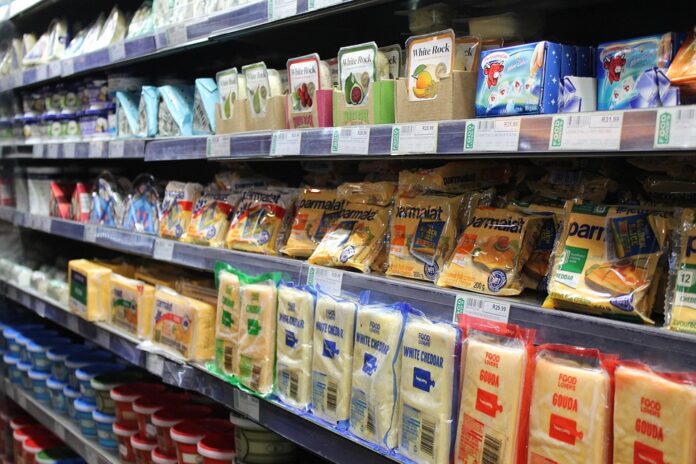The Future of Supermarket Loyalty Programs: Personalization and Customer Retention
In today’s highly competitive retail landscape, supermarket chains are constantly looking for ways to retain customers and increase loyalty. One of the most effective strategies that have emerged in recent years is the implementation of personalized loyalty programs. These programs use customer data to tailor rewards and offers to individual shopping habits and preferences, creating a more personalized shopping experience.
The Rise of Personalized Loyalty Programs
Traditional supermarket loyalty programs typically offer generic discounts or rewards based on overall spending. While these programs have been effective in encouraging repeat purchases, they often lack the personalization that today’s consumers crave. Personalized loyalty programs take this concept a step further by leveraging data analytics and AI technologies to deliver targeted offers and rewards to each customer.
According to a recent study by McKinsey & Company, retailers that personalize promotions see a 10-30% increase in sales, as compared to traditional mass promotions. This shift towards personalization is driven by the increasing availability of customer data and advancements in data analytics tools. Supermarket chains are now able to track individual shopping behaviors, preferences, and purchase history to create highly targeted offers that are more likely to resonate with customers.
Industry Insights and Trends
Several major supermarket chains have already embraced personalized loyalty programs with great success. For example, Kroger, one of the largest grocery chains in the US, has invested heavily in data analytics and AI to personalize its loyalty program. By analyzing customer data, Kroger is able to offer personalized discounts, coupons, and recommendations that are tailored to each individual shopper.
Similarly, Tesco, a leading supermarket chain in the UK, has also implemented a highly successful personalized loyalty program. By leveraging customer data from its Clubcard program, Tesco is able to send targeted offers and promotions to customers based on their shopping habits and preferences. This personalized approach has helped Tesco increase customer retention and loyalty significantly.
Financial Impact and Benefits
The financial impact of personalized loyalty programs can be substantial for supermarket chains. By increasing customer retention and encouraging repeat purchases, these programs can drive significant revenue growth. According to a report by Accenture, 75% of consumers are more likely to make a purchase from a retailer that recognizes them by name, recommends options based on past purchases, or knows their purchase history.
In addition to driving sales, personalized loyalty programs also offer valuable insights into customer behavior and preferences. By analyzing data from these programs, supermarket chains can better understand their customers and tailor their product offerings and marketing strategies accordingly. This data-driven approach can lead to more effective marketing campaigns, product launches, and inventory management.
Future Outlook
The future of supermarket loyalty programs lies in personalization and customer retention. As technology continues to advance, supermarket chains will have access to even more sophisticated data analytics tools and AI technologies to personalize their loyalty programs. By leveraging these tools, retailers can create a more personalized shopping experience that resonates with customers and drives loyalty.
In conclusion, the future of supermarket loyalty programs is bright, with personalized programs leading the way in customer retention and satisfaction. By embracing data analytics and AI technologies, supermarket chains can create targeted offers and rewards that resonate with customers on an individual level. As the retail landscape continues to evolve, personalized loyalty programs will become an essential tool for supermarket chains looking to stay competitive and drive growth.




